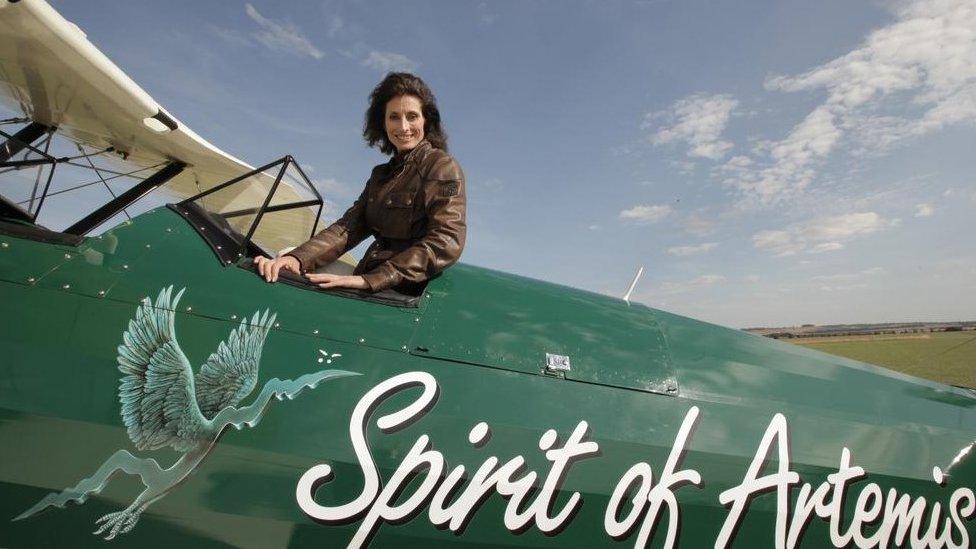Podcasts reflect Amy Johnson's solo flight to Australia
- Published
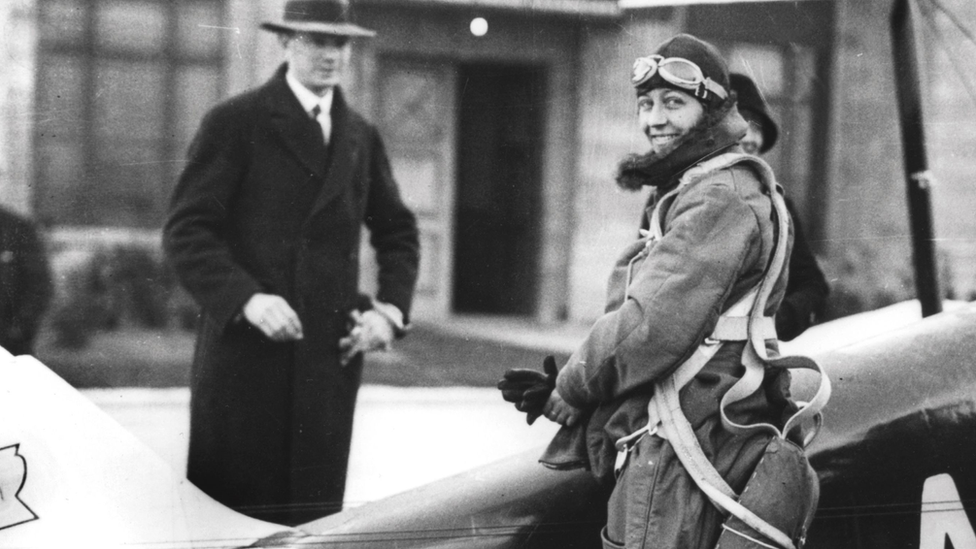
Amy Johnson departed from Croydon Aerodrome for Darwin on 5 May 1930
Ninety years after aviator Amy Johnson flew solo from England to Australia a series of podcasts will remember her daily experiences on the journey.
Flying G-AAAH Jason, Ms Johnson, from Hull, left Croydon on 5 May 1930 and landed at Darwin on 24 May after travelling 11,000 miles (18,000 km).
The podcasts will be released over 20 days and will be based on her diaries and notes at the time.
The podcasts will be accessible via the Amy Johnson Arts Trust website, external.
BBC Radio Humberside will also be broadcasting the diaries at 14:20 each day.
The trust's director, Rick Welton, said the anniversary was a great opportunity to celebrate her achievements.
"It's a chance for us all to stop and reflect on everything she achieved in a world that was very different to ours today.
"As the current global coronavirus lockdown highlights how small and closely intertwined our world has become, we can remind ourselves that, in Amy's day, global flight was an amazing thing for anyone, woman or man, to achieve."
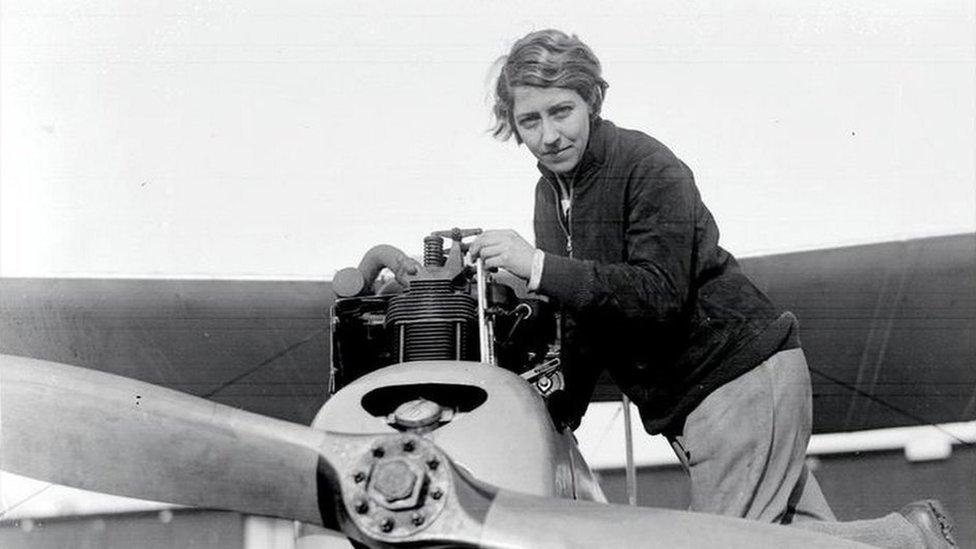
Amy Johnson became the first woman in the UK to become an Air Ministry qualified ground engineer
Ms Johnson gained her pilot's licence in July 1929. However, unable to make a living from being a pilot she became the first woman in the UK to become an Air Ministry qualified ground engineer.
She later persuaded her father and Lord Wakefield to share the cost of buying a plane - a de Havilland Gipsy Moth.
The plan was to break the world record for flying from the UK to Australia. The record at that time was 15 days and was set by Bert Hinker in 1928.
On 5 May 1930, with only 75 hours of reported flying experience, Amy set off from Croydon Aerodrome.
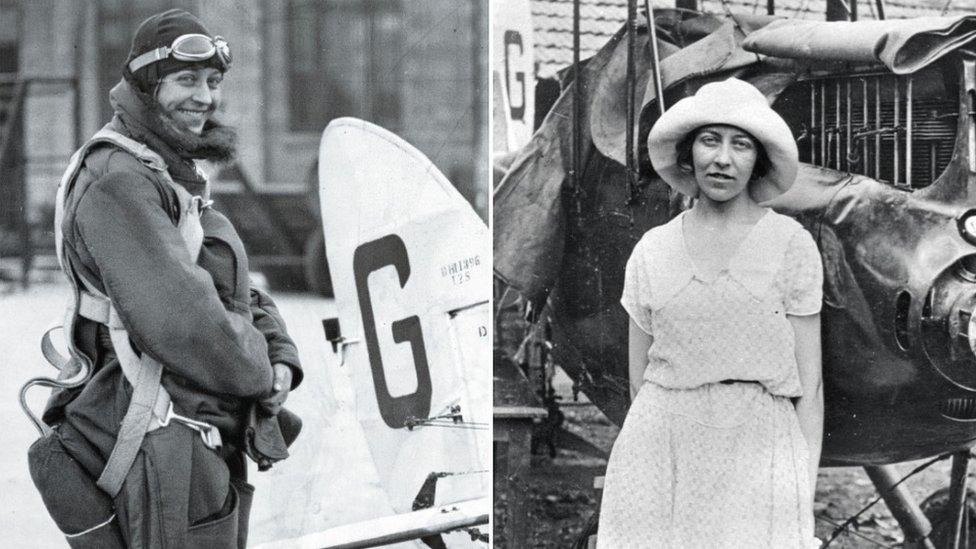
The trip would run into problems including damage to her plane dashing her hopes of breaking the record
Dave Windass, who has written the podcasts, said the story was one of "Hollywood proportions".
"Never mind the fact that she was the first woman to make the journey, the solo flight itself was just brilliant and bizarre, with lots of humorous moments, as well as grave danger."
Mr Windass said another dimension was the character of her plane, which she had named Jason.
"We know from telegrams she sent home to her family in Hull for example that she talked to Jason as if he was her friend, as though he was going to look after her."
A combination of mechanical problems and bad weather meant she failed to break the record - taking 19 days to reach Darwin.
Despite this, she was awarded a CBE by King George V upon her return and £10,000 from the Daily Mail for her heroics.
She died 11 years later when her plane crashed into the sea off Herne Bay on 5 January 1941.

Follow BBC East Yorkshire and Lincolnshire on Facebook, external, Twitter, external, and Instagram, external. Send your story ideas to yorkslincs.news@bbc.co.uk, external.
- Published24 August 2016
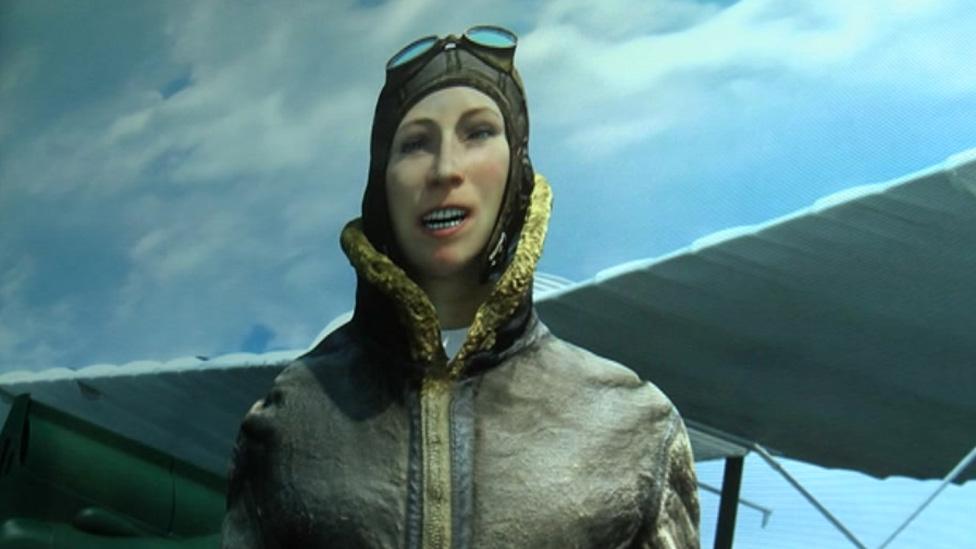
- Published2 July 2016
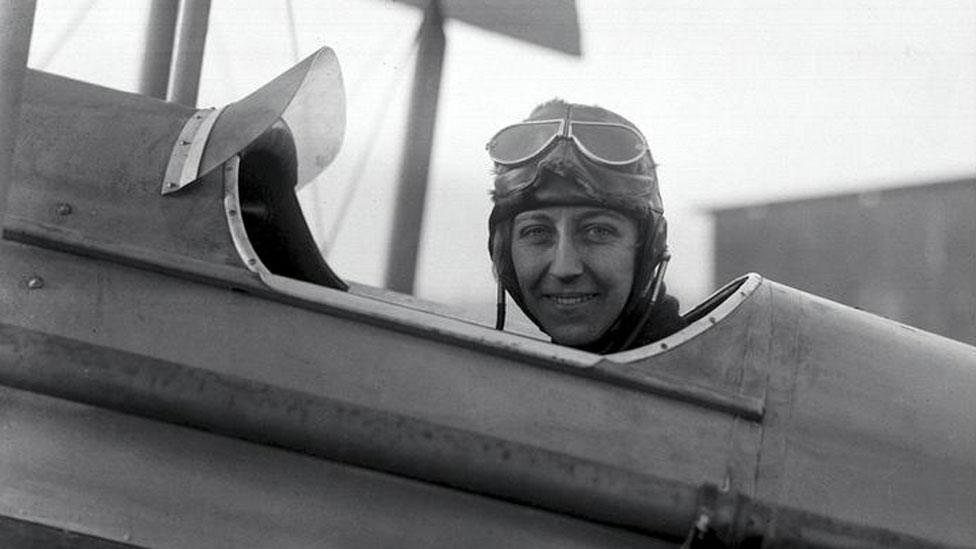
- Published5 January 2016
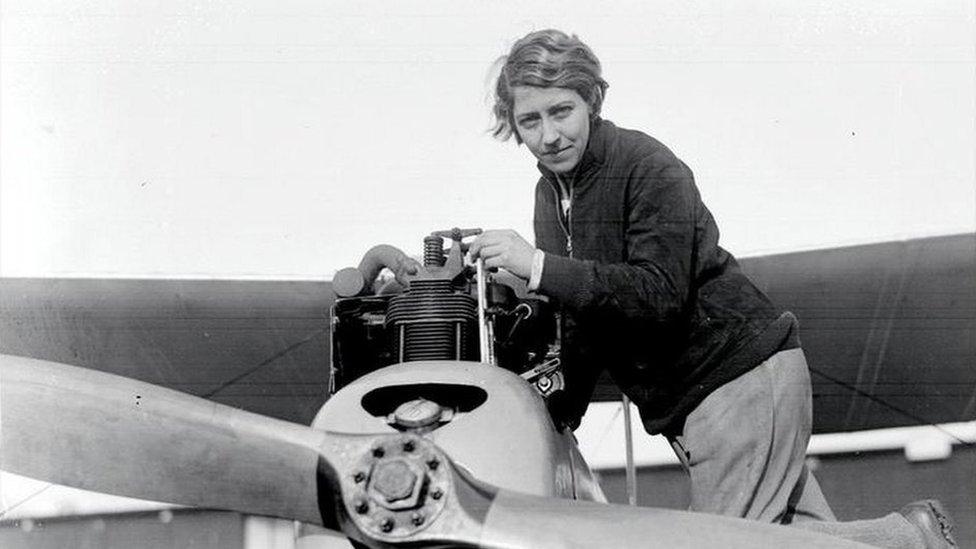
- Published1 October 2015
